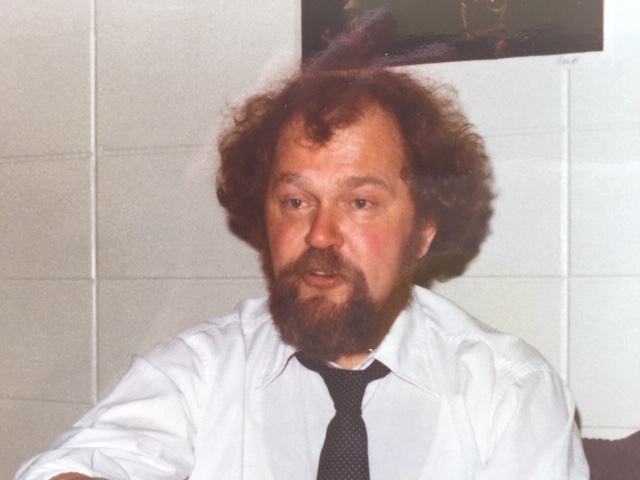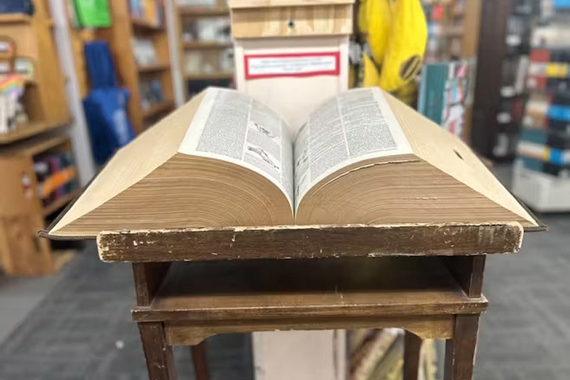In Memoriam: Professor Emeritus Göran Stockenström

In Memoriam: Professor Emeritus Göran Stockenström
We are saddened to announce the death of our colleague, Göran Stockenström. A noted Strindberg scholar, Göran was a faculty member at the U for many years.
Read the obituary in the Star Tribune
Göran Stockenström
Obituary by Poul Houe
Put differently, what the Minneapolis Star Tribune’s October 11 obituary pointed out about Göran Stockenström, who passed away on September 26 at 83, was that he was the renaissance man incarnate. When our department at the University of Minnesota marked his retirement as professor of Scandinavian Studies in 2012, I made the same assessment in slightly more disciplinary terms in a talk where I spoke of him and his academic work under the title “Was August Strindberg a Humanist? Göran Stockenström Is!” Strindberg was the mainstay of Göran’s scholarship, dating back to ca 1970 and reaching its first milestone with Ismael i Öknen (Ismael in the Desert), his doctoral dissertation from 1972 on Strindberg as a mystic. In the next decades followed several important essays on the same writer plus two English-language volumes: Strindberg’s Dramaturgy, edited by Göran in 1988, and August Strindberg and the Other, which he and I co-edited (with Sven Hakon Rossel) in 2002. Both editions drew on international Strindberg conferences (co-)hosted by Göran and featured a number of the scholars worldwide in whose community he was considered a staple.
Göran’s professional career started with a stint as Swedish lecturer at the University of Oslo but unfolded since 1973 at the University of Minnesota, where for several years in the 1980s he headed the Scandinavian department and was also engaged beyond departmental boundaries, especially with the theater department, where several graduate students chose him as their advisor. As a Swedish immigrant, he was also involved in a number of Swedish-American activities, taught classes about the subject and wrote articles such as “Sociological Aspects of Swedish-American Literature” (1978), all of which secured him the Immigration History Research Center’s Career Achievement Award in the year of his retirement. Still, the bulk of his literary studies remained centered on Strindberg and drama studies – to the benefit of the classes he offered and students he advised as well as the readers of the Strindberg editions he issued and the articles he contributed over the years to journals such as Comparative Drama.
Göran’s scholarly training took place at Sweden’s Uppsala University, where he and I first met in 1978 when, in my sixth year of teaching Danish language and literature at its Nordic Institute, I was now preparing for my own migration to the University of Minnesota’s Department of Scandinavian Studies. From the freezing day in late January 1979, when he picked me up at MSP airport, until the end of his teaching career more than thirty years later many of our countless exchanges – as colleagues and friends, who even shared office space for many years – pivoted on our shared interest in Nordic literature and drama from the Modern Breakthrough and onwards. On numerous occasions, especially in the 1980s, when the two of us would go together to a theater performance, or to a conference or similar event out of state, our shared experience was typically followed by a lengthy social and verbal after-play during which Göran’s blend of depth and vivacity often outmatched what any of us had heard or seen. His post-retirement years would eventually become too burdened by Alzheimer’s for him to be able to revisit memories of these uplifting outings. They will be treasured, however, for as long as this fellow traveler is around.


